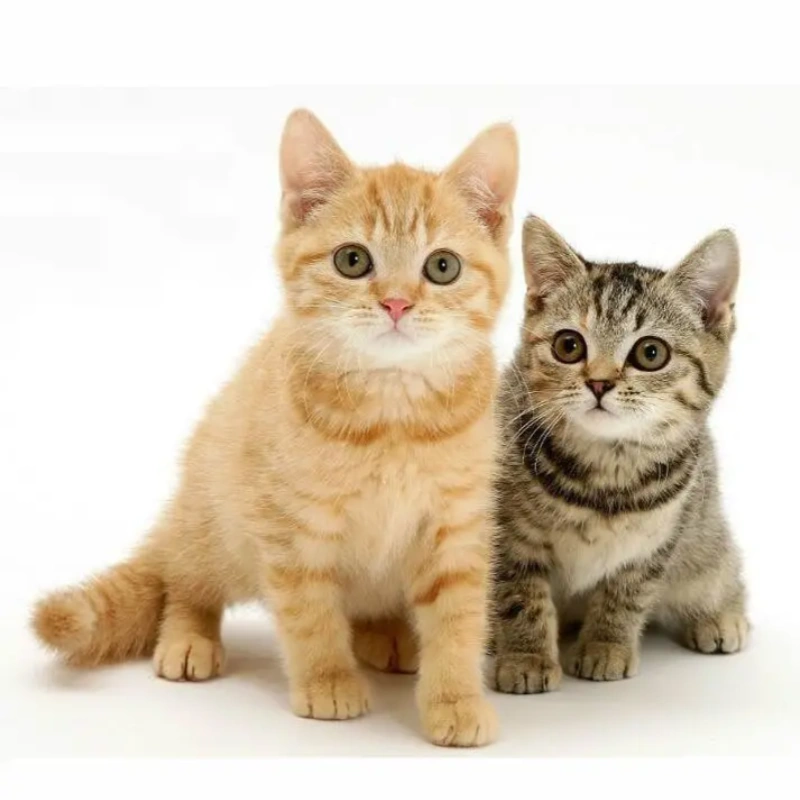1. Designate Space for Each Cat
Cats enjoy alone time, and having their own personal spaces helps reduce stress. Provide cats with a range of elevated and cozy spaces, like cat trees, window beds, or cabinet tops, so they can choose their preferred spots to relax and play. Each cat should have access to a "safe zone" without needing to compete for it.
2. Provide Ample Resources
Cats prefer to have their own food, water, and litter resources. To avoid conflicts, ensure each cat has its own food bowl, water dish, and litter box. A good rule of thumb for litter boxes is to have one for each cat plus an extra. This prevents cats from competing over resources and keeps things stress-free.

3. Understand Each Cat’s Social Needs
Each cat has its own personality; some are playful and social, while others are more independent. Recognizing each cat’s character and social preferences allows you to manage their interactions better. By observing their behavior, you can identify pairs or groups that get along well, encouraging positive interactions and fostering stronger bonds over time.
4. Maintain Consistency in Daily Routines
Cats are creatures of habit, and in multi-cat households, keeping a consistent daily routine can help reduce anxiety. Feeding, cleaning the litter boxes, and playing should happen at regular times to avoid sudden changes that may disrupt their sense of stability. Playtime activities, like using a laser pointer or cat wand, also help cats release energy and strengthen their connection with you.

5. Introduce New Cats Gently
Adding a new cat to a household is common in multi-cat environments, but suddenly introducing a new cat can create territorial disputes and anxiety. Try using gradual separation, such as placing the new cat in a separate room first. Let the existing cats become familiar with the newcomer’s scent before allowing short, supervised interactions. Gradually increase their time together to minimize conflicts and ensure a smoother transition.
6. Pay Attention to Health Care
Health is essential in a multi-cat home because illnesses can spread quickly. Routine checkups and vaccinations are key to preventing the spread of disease. Watch for any changes in mood, appetite, or activity level, as these could indicate health issues. Promptly seek veterinary care if any symptoms arise to ensure the well-being of each cat.

7. Encourage and Reward Positive Interactions
Reward cats with treats or gentle petting when they exhibit friendly, peaceful behaviors toward each other. Positive reinforcement can encourage them to maintain harmonious interactions. By creating a reward-based approach, cats become more accustomed to each other, leading to a happier and more cooperative environment.


Share and get 15% off!
Simply share this product on one of the following social networks and you will unlock 15% off!